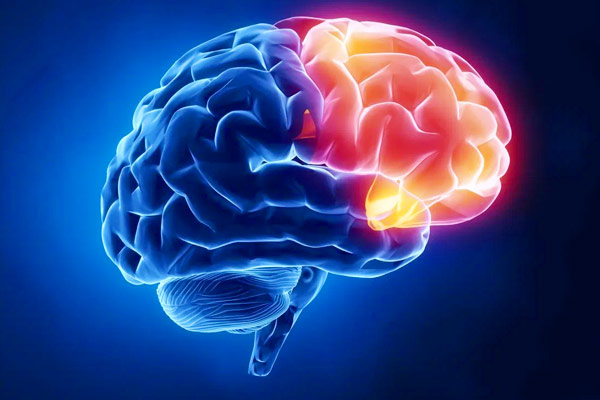Not sleeping enough? Your brain might be eating itself
STORY HIGHLIGHTS
Researchers recently found that not getting enough sleep consistently could cause the brain to clear a significant amount of neurons and synaptic connections.
Sleeping serves many purposes. Superficially, it helps our bodies replenish, and prepares us for the next day.
It however serves more purpose than this. Besides giving us the energy we need to function, it gets rid of the toxics in our brain, that are a residual byproduct of neural activity.
Researchers recently found that not getting enough sleep consistently could cause the brain to clear a significant amount of neurons and synaptic connections, while adding that making up for the lost sleep may not be able to undo the damage.
In essence, not getting sleep may be causing our brain to start eating itself!
A 2017 study led by Michele Bellesi from the Marche Polytechnic University in Italy examined the mammal brain’s response to poor sleeping habits, and realised there was a similarity between well-rested and sleepless mice.
The cells in our brain are being constantly refreshed by two types of cell – the “microglial” kind that get rid of the worn out cells in a process of devouring them, while “astrocytes” refresh the wiring of synaptic connections in the brain.
The scary part is that our body does this not only while we’re asleep, but also when we aren’t simply getting enough of it.
Overdrive mode!
In this process, the brain goes into overdrive and starts eating the “astrocytes”, which as previously mentioned are responsible for refreshing the brain connections.
The research, published in the Journal of Neuroscience took could not ascertain whether the mice behaviour could be replicated in humans. But given the 50 per cent jump in the number of Alzheimer’s cases is testimony to the possibility of more damage.
The researches after taking into account of groups of mice of on a scale of well rested to chronically sleep deprived found that the the brain had started devouring parts of itself after prolonged sleep deprivation.
Such activity has been linked to forms of neurodegeneration and Alzheimer’s disease.
For some people, insomnia is pretty common. Stress, daily activities, and an accelerated pace of life can make it difficult to fall asleep at night, and staying awake for too long can be bad for your health.
We at Olympia would like to tell you about a study that could make you reconsider the importance of a healthy sleep regime.
Sleep helps us release toxins.
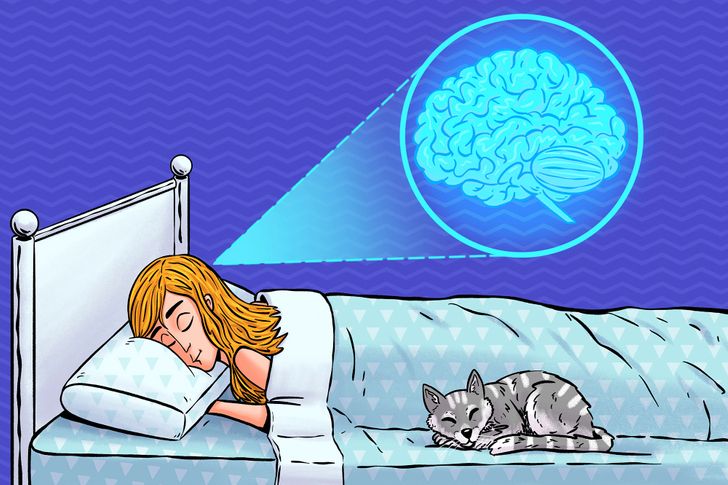
Sleep regenerates our immune system, our respiratory system, and our energy levels, allowing our brain to process the information it has acquired during the day, in addition to regulating our blood pressure and heart rate. But it also eliminates toxins from the neurological activity we experience during the day. When we don’t have enough hours of rest, our body converts these toxins into a kind of fuel reserve.
Burning brain fuel
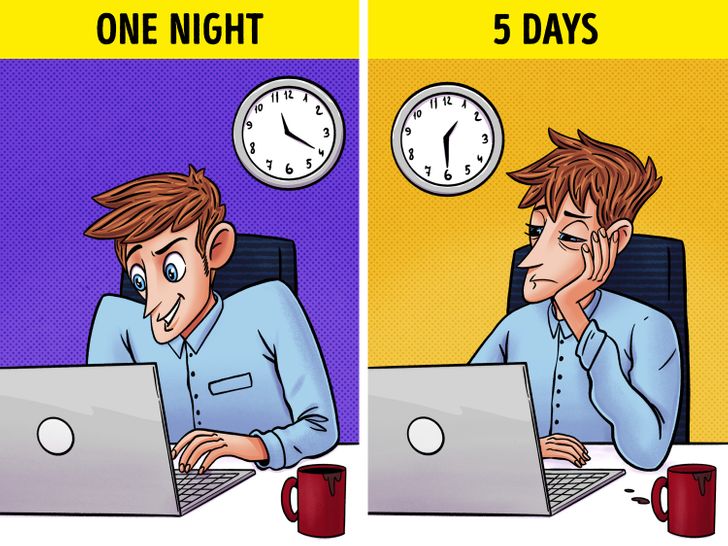
In the short term, eliminating these toxins could be beneficial for our brain’s health, since all that energy would be used for that process. However, in the long term, in cases with people who suffer from sleep apnea or chronic insomnia, using all the reserves of their brain could affect its functions and contribute to the degeneration of this vital organ.
A study in mice
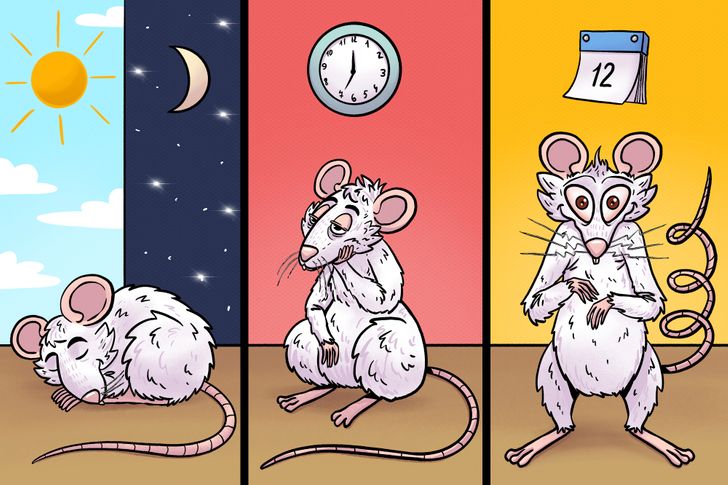
A team of neuroscientists, led by Michele Bellesi of the Polytechnic University of Marche in Italy, conducted a study using mice that they divided into different groups: The first could sleep as much as they wanted during the day, the second would be obliged to be awake and sleep less than 8 hours a day, and the third one had to be alert for 5 days in a row so that the scientists could observe the changes in their brains.
Cleaning cells
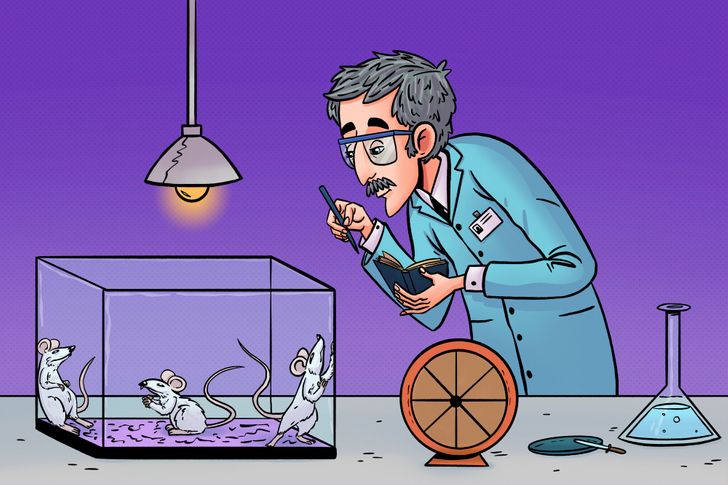
Astrocytes are responsible for the brain’s self-cleaning function and are also present in mice. That was how, by observing the activity of these cells, they were able to obtain a result. At the end of the experiment, the brains of the mice that had slept long enough had an astrocyte activity level of 6%, the second group had an astrocyte activity level of 8%, and the third, after 5 days, had an astrocyte activity level of 13.5%. This means that our cells will do a more thorough “cleaning” the less we sleep.
The brain may eat itself.
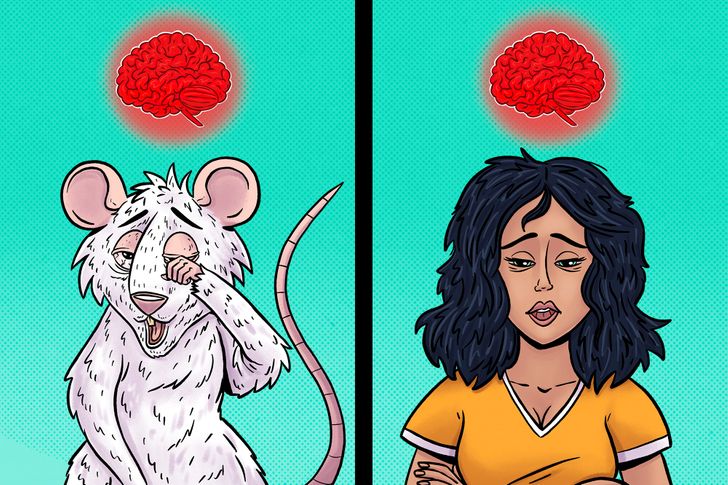
In rats, this process practically consists of consuming the synapses in their brain and suggests that the same effect may occur in humans. Not sleeping several nights in a row could cause this function to overflow, making us prone to degenerative diseases like Alzheimer’s or contributing to dementia in the long term.
Tips for better sleep

There are different methods that can help you fall asleep if you sometimes experience insomnia, but if your problem is persistent, we recommend that you see a specialist.
- Practice meditation
- Adjust the environment of your bedroom to make it more comfortable
- Do physical activity
- Limit the use of electronic devices
- Go to bed at the same time every day
- Reduce your caffeine intake
- Expose yourself to sunlight for a moderate time
